
Asia energy firms seek lasting insurer partnerships
Widening desirability gap favours high-end clients, possibly easing rate trends in 2024.
The energy insurance market has provided a sense of stability amidst geopolitical and economic turbulence, with buyers holding significant sway.
However, a closer examination reveals a growing disparity in desirability among insurance carriers, impacting the terms available to different types of clients, WTW cautioned.
Insurers have homogenised their risk appetite, focusing on highly desirable upper-tier business, whilst less desirable placements may face challenges in obtaining optimum capacity, according to WTW’s latest Energy Market Review.
Charlotte Watts, energy lead for Asia at WTW, highlights Asia-based energy companies’ frustration with premium increases and stricter terms, leading to a focus on long-term partnerships with insurers.
Relatively benign loss activity in 2023 has led to profitability across energy sectors, with no indication of insurers withdrawing from the sector. The widening desirability gulf benefits upper-tier clients, potentially leading to softening rate trajectories in 2024.
However, smaller, less desirable placements may struggle to secure optimal capacity. Clients must align themselves with key insurers and differentiate their placements to attract strong market support.
ALSO READ: Miller makes a mark in Thailand’s energy sector
Environmental, social, and governance (ESG) considerations are well understood by insurers, who are increasingly adopting a partnership approach to support clients through transitions. Insurers are also preparing to support the energy transition, recognising emerging exposures from transition technologies like carbon capture and storage and hydrogen.
Risk leaders must anticipate emerging risks beyond day-to-day operations, considering factors like the energy transition, geopolitical developments, and changing macroeconomic environments. Proactive risk management and collaboration with specialist brokers are essential to address these challenges effectively.
Graham Knight, global head of natural resources at WTW, notes that the desirability gap benefits upper-tier clients, potentially leading to softer rate trajectories in 2024. Conversely, smaller placements may face challenges in securing optimal capacity.
Companies are urged to consider emerging risks such as the energy transition and geopolitical developments, emphasising the need for adaptation and strategic decision-making.
“Specifically in the Upstream Energy sector, we are seeing an uptick in offshore construction projects in the region as many of the previously delayed projects are finally coming to life and this is encouraging competitive tensions in the regional offshore construction sector,” noted Watts in a press release.
“In addition, companies need to consider the longer-term emerging risks on the horizon. The energy transition, geopolitical developments and the changing macro-economic environment are converging to create new risk considerations that could have a more severe impact on businesses than was previously anticipated. As the whole energy system undergoes transformation, adaptation and strategic decision making will be crucial.” Watts concluded.




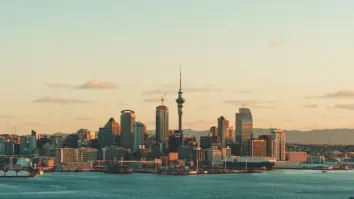

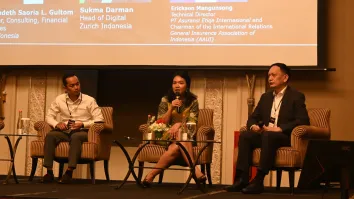
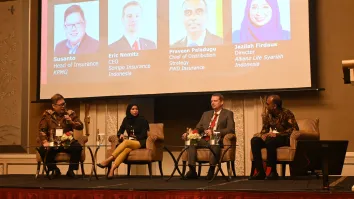
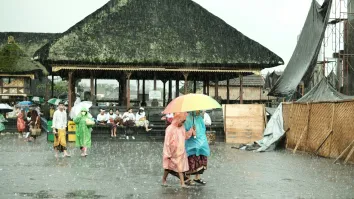
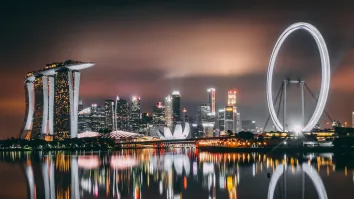
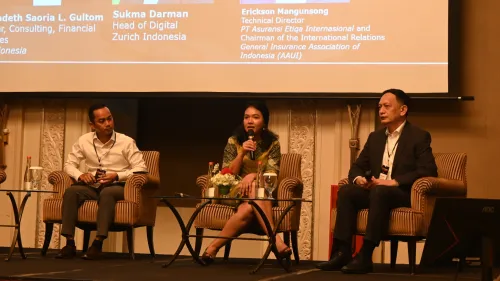
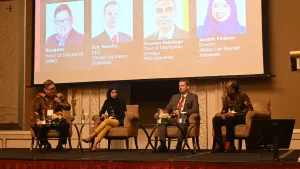

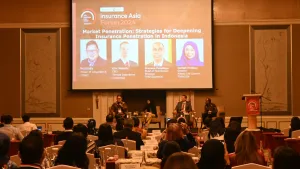
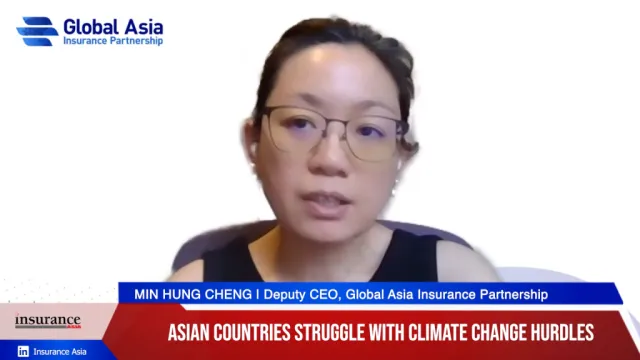

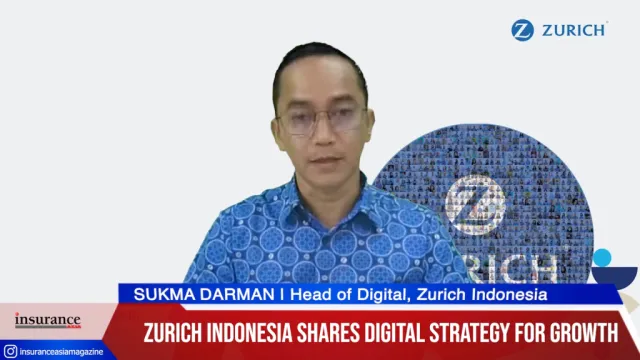

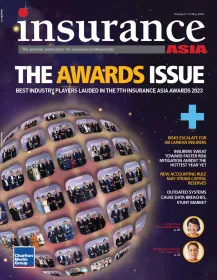
 Advertise
Advertise






